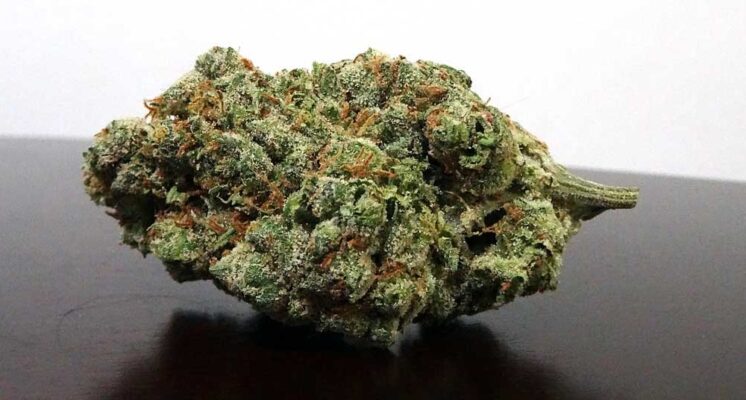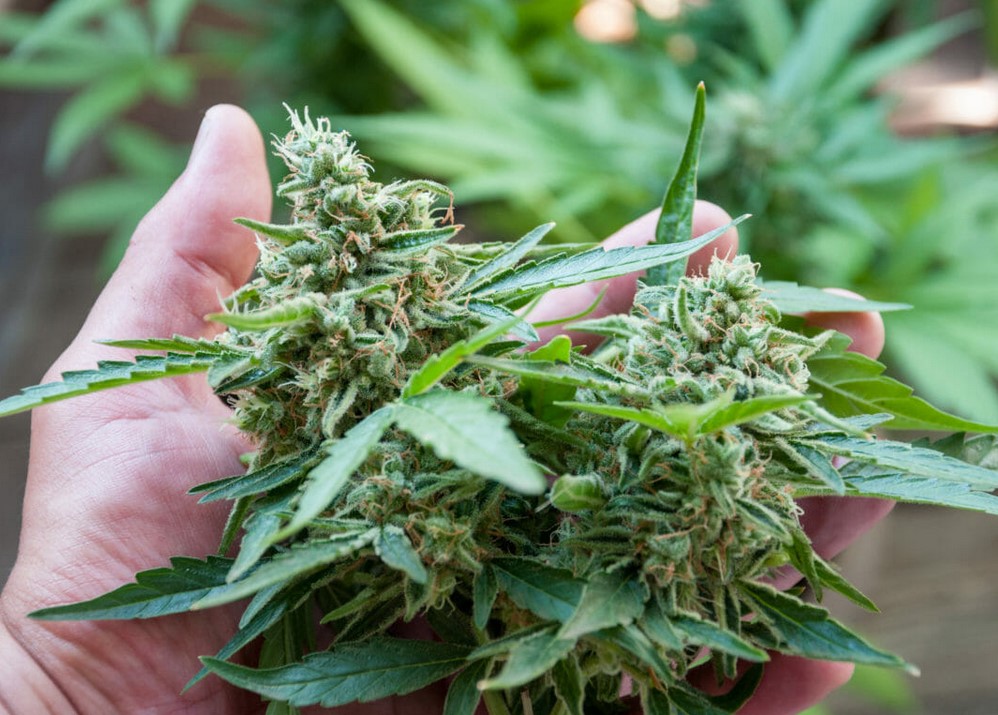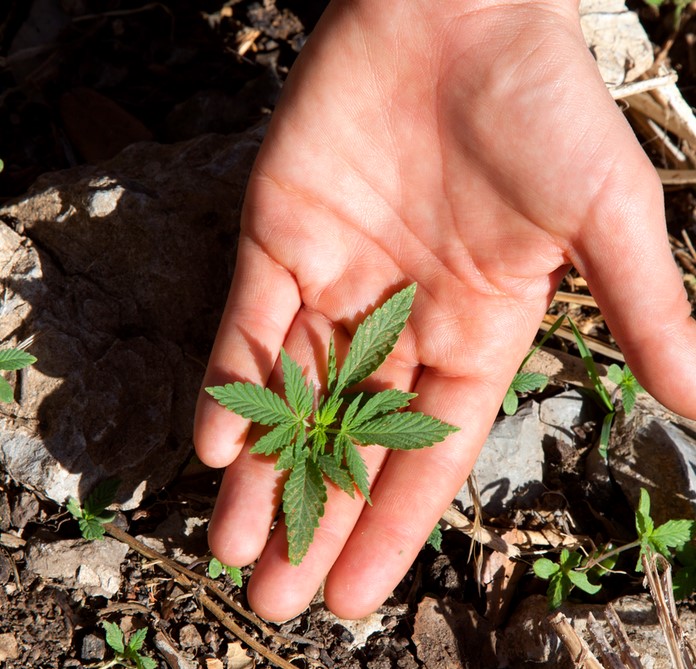Uncategorized
How to Grow Organic Cannabis
Recreational marijuana use is only legal in three states plus D.C., but home growers are allowed in 15 medical cannabis states with different levels of qualification. More and more people have access to trying out their green thumbs as the list grows
If you live in a place where home cultivation is allowed and you meet the qualifications, there are only a few places you can go for in-person consulting. Hydroponics shops and seed/clone retailers might be a start, but these businesses tend to suggest that new growers use synthetic fertilizers, pesticides, and non-soil grow mediums because they would purchase their facility.
While these suggestions may help you make a sale, they might not be what’s best for you or your plants. It’s important to understand that some retailers don’t operate this way and are beginning to offer organic solutions alongside their synthetic products. However, what you may not know is that using organic farming practices can cost a fraction of the price of a single bottle of synthetic fertilizer and result in the same, if not better yield, flavor, and cannabinoid content in your crop at home.
How to Grow Organic Cannabis
Growing organic cannabis is attainable for both beginner and experienced home growers, as there are many ways to integrate these methods into your grow set-up. To understand organic growing better, think of it more like a spectrum. There aren’t any formal regulations in the cannabis industry yet about what defines true organic farming, so there are different views on the subject. This can be contentious among experts in the field, but at home it’s just a matter of what you prefer.
To begin with, an amended soil medium that is all-natural is likely the most crucial initial step in developing a healthy sustainable grow. Crafting a clean and sustainable organic potting soil for cannabis is utterly essential to creating a functional food web for the microorganisms which will eventually assist in keeping your plants supplied with readily available “organic” nutrients. Most types of compost, pumice, earthworm castings, kelp meal, perlite, bat guano, fish emulsion, peat moss, and other organic soil amendments are popular. Ingredients in this category have distinct functions that assist promote an environment conducive to microbial growth.
You have two choices for excellent soil. The first is to gather the ingredients and combine them together according to your preference. However, this might be tough for beginning growers. Pre-mixed organic soils that are suitable for almost every growing environment may be found at most potting soil retailers. Because pre-mixed soils don’t need much care other than basic watering, they’re usually the ideal choice for first-time cannabis growers. ensuring your cannabis has ample growth conditions is vital to constructing a fruitful organic grow. This is because fewer pH adjustments are needed with organic soils, nutrients are supplied without additives, and microbes that help protect against pests are present in the soil. A healthy light spectrum, optimal temperature and humidity levels, and high ventilation and airflow are all essential. Many organic growers advocate for gardening outside, but if you’re confined to growing indoors, the most important thing is to choose lights with the widest possible light spectrum and the lowest possible temperature output. You may always compensate for hot lights by using good ventilation and control over temperature.
The goal of organics is to create an environment that can sustain life and give plants the nutrients they need. This means considering your entire grow as a tiny ecosystem that you have to take care of in order for everything to stay balanced.

What to Feed Organic Cannabis
There are a variety of options for feeding your organic cannabis if you know what you’re doing. When it comes to growing organic, try to avoid using tap water as much as possible. municipal water supplies are often fluoridated and may include other chemicals that can harm the bacteria in your soil (though if you’re ever in a bind, pick up an organic soil amendment or supplement from your local hydroponic store).
Aerated compost teas are one of many organic supplements that can offer a plethora of benefits to your garden. Reintroducing living microorganisms into the soil helps with disease fighting pathogens, converting nutrients, and overall eliminating diseases.
Another home-grown plant hacking that can pack your soil with more power is inoculating it with mycorrhizal fungi. Mycorrhizae, the symbiotic connection between mycorrhizal fungi and plants (i.e., mycorrhizae), have the ability to substantially increase both water and other nutrients absorbed by the roots. A sprinkle of a dry organic fertilizer containing single-source fungus at the start of your grow, for example, can be the only thing you add to your soil throughout the vegetative and bloom phases, and your plants will thrive.
Few people know that, in addition to water, cannabis plants need minerals such as carbon dioxide, nitrogen, phosphorus, potassium, calcium and manganese. To get these nutrients into the plant so it can grow properly and bear fruit (in this case some great buds!), we use synthetic nutrient supplements which go directly to the plant’s roots. With supply-lock technology, meaning they only release a certain amount of each nutrient at a time until the plant locks that nutrient from further absorption – thus ensuring no Excess passes through with soil or water drainage. Some organic soils do need extra nutrients to thrive, however because they are composed of minerals and chemicals that are inherently present in them, uptake does not require additional care (or money) from the grower.

Controlling Pests on Organic Cannabis
It’s easier than you think to get rid of bugs without using toxic chemicals. There are a few of natural pest management solutions on the market that help control both indoor and outdoor gardens without the need for harmful systemic pesticides. companion planting, the practice of combining specific types of flora together to naturally repel pests, is an excellent place to start if you’re an outdoor gardener. For gnats, try adding basil or dill to your garden, or marigolds for aphids. There are a plethora of benefits that come with pairing your garden plants with cannabis. Just switch out your control group plant with cannabis, and you’re all set.
Bacteriophages (phage viruses) such as Gambet or T4, or essential oils can also be used to control undesirable insects. Other natural chemicals, like bacillus thuringiensis, commonly known as BT or Mosquito Bits, and diatomaceous earth (DE), can all assist with pest management.
In general, synthetic nutrients and pesticides degrade soils relatively quickly, often leaving them full of salts and chemicals by the end of a grow. This necessitates significant flushing before the crop is ready to consume. For conventional crops, this usually means that the soil must be REMIXED with new materials or TILLED/TOSSED before planting again. However, organic soils are living entities; as such, they do not require tilling between crops. You may start over again simply by removing the root ball and adding little dry mycorrhizal fungi to the dirt. No-till farming is becoming more popular in organic cannabis cultivation, not just for its environmental advantages, but also for the benefits that organic soil enhanced over a long period can provide.
Before you go to your neighborhood hydroponics store and purchase that bottle of “Barry’s Synthetic Bud Ripening Super Juice,” which is loaded with salts and chemicals for your plants, consider going organic in your next garden. Your soil will appreciate the attention, and your colas will too. Organic cannabis farming may be inexpensive, simple, and far more healthy and sustainable than using manufactured chemicals or artificial additives in your garden. Your cannabis won’t regret it if you choose to use one or all of these organic methods during the grow, and neither will you!


